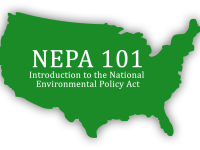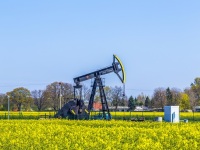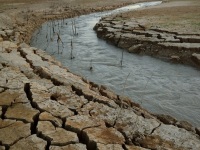Palynology – the study of micro organic material such as spores, pollen, dinoflagellates and microfossils (1) - is a method employed by a range of disciplines all concerned with the environment. It is not an undergraduate degree subject due to its limited scope, and though there are some Master’s programmes in most countries, those wishing…
Read more
With Palynology We Can See the Tiniest Details






